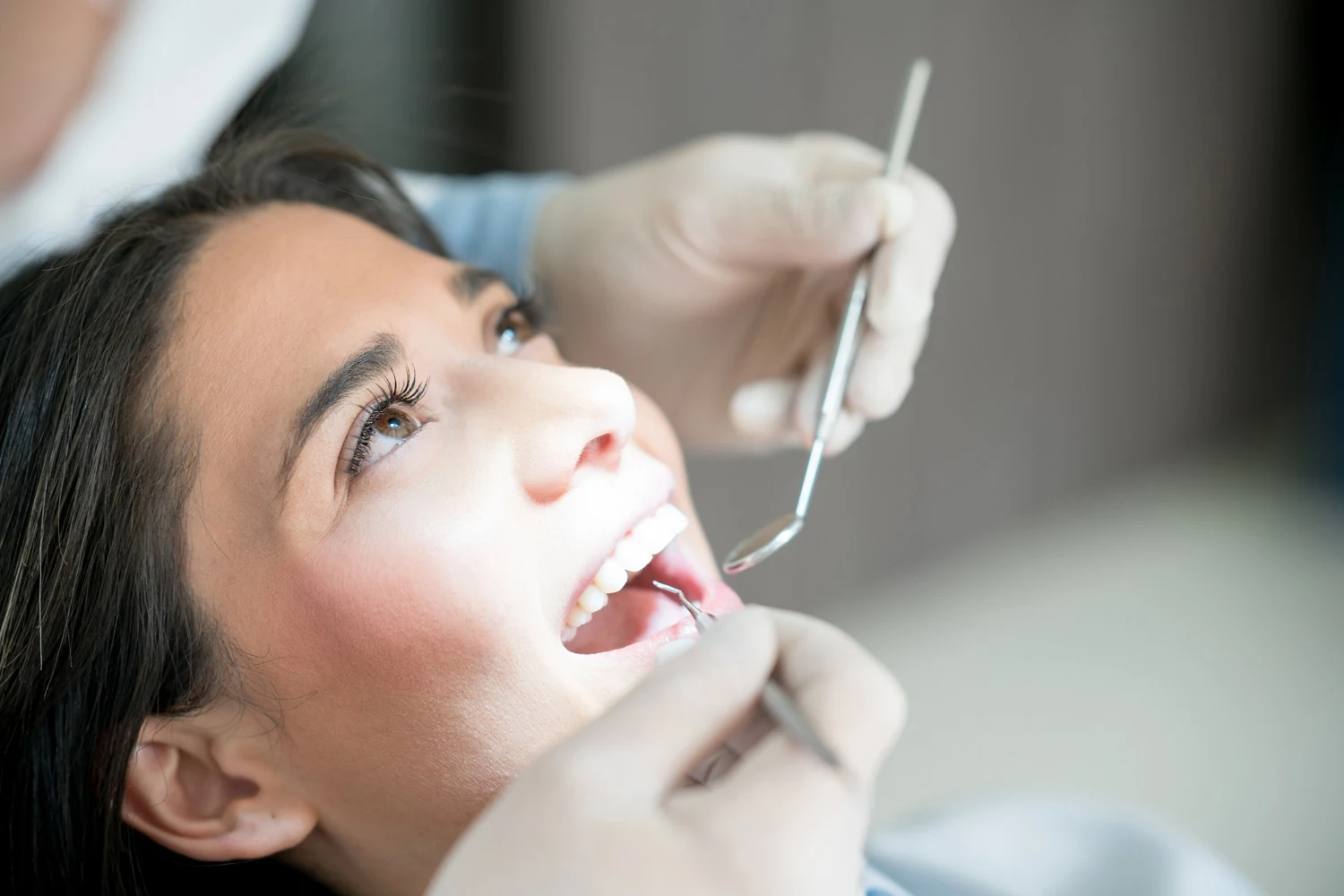Why Do Dentists Use Lasers?
“Laser” is an acronym for light amplification by stimulated emission of radiation. Lasers, as we have come to know them, are intense and tightly focused beams of light. A Solea dental laser in NE Calgary can be used in a nearly infinite variety of applications ranging from pet toys and compact disc players to construction levels and targeting weapons. Today, soft and hard tissue lasers are also used to perform oral surgery at your dental clinic in NE Calgary.
What are the benefits of laser dentistry?
There are several benefits of receiving treatment with a Solea dental laser near you as opposed to traditional surgery with scalpels, drills and similar equipment. Some of the advantages of laser dentistry near you include:
● Laser treatments affecting soft tissue can be performed without the need for any stitches
● Procedures that may cause pain or require anesthetic if performed in the traditional manner can now be performed painlessly and with the option of skipping anesthetic
● Laser dentistry minimizes the amount of bleeding that you will experience
● The reduced bleeding in your mouth means your dentist will have a more sterile and more visible working area
● Because laser surgery is far less invasive than traditional oral surgery, your recovery time will be much shorter
● Lasers sterilize the area being treated while treatment is performed with the result that your already low risk of infection is reduced even further
● Dentists may be able combine procedures in different areas of your mouth to be completed in the same appointment that would, with traditional surgery, have to be performed at separate appointments. The hope is that consolidating those appointments will reduce inconvenience to you.
There are two different kinds of lasers, and many different applications
Ongoing research and innovation by dental professionals and researchers have developed several different dental treatment technologies to take advantage of the effects and capabilities of lasers. That includes developing two types of lasers: hard tissue lasers and soft tissue lasers.
Hard tissue lasers produce wavelengths easily absorbed by bone tissue and teeth material. That characteristic of hard tissue lasers makes them ideal for altering and cutting hard matter such as tooth and bone precisely and accurately with minimal damage to surrounding tissue. Your dentist regularly uses hard lasers to shape teeth for bonding, to remove small pieces of teeth and to repair damaged fillings. Hard tissue lasers can also be used to expose healthier tooth structure if necessary.
A soft tissue laser emits wavelengths that can be easily absorbed by water and the protein called hemoglobin in blood red cells. That characteristic means that soft lasers are the perfect tool for altering soft tissues in your mouth during oral surgery such as, for example, surgery to treat periodontitis (serious gum disease). Soft tissue lasers kill bacteria lurking and accumulating on your gums and, better still, can stimulate the growth of new and healthy gum tissue. They reduce or nearly eliminate bleeding during oral surgery by sealing blood vessels and nerve endings while surgery is being performed. The combination of those characteristics means that patients undergoing soft tissue laser treatment experience almost no pain and very brief recovery times with minimal risk of infection during recovery.
Common soft tissue laser treatments include reshaping gum tissue to expose healthy tooth structure or eliminate a gummy smile, eliminating tongue or lip tie in babies and removing folded soft tissues caused by poorly fitting dentures.
Laser dentistry near you is used for the purpose of providing treatment in the least invasive, most comfortable, least invasive and most efficient manner possible. If your dentist has recommended that you undergo oral surgery, ask about the availability of laser dentistry.




I read this post your post so nice and very informative!
ReplyDeleteReally explains everything in details. Thank you and good luck in the upcoming articles.